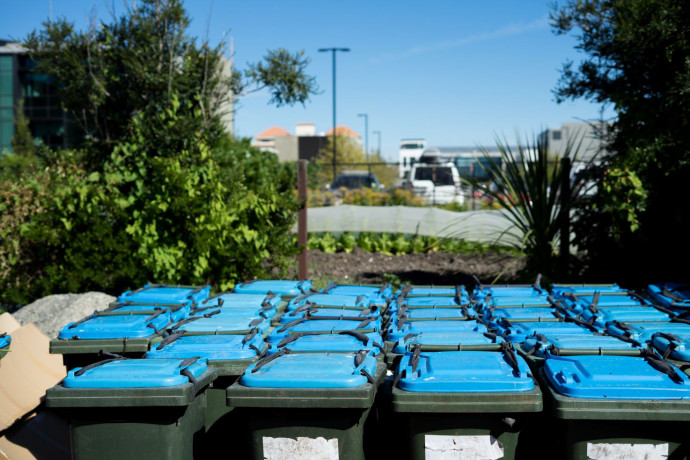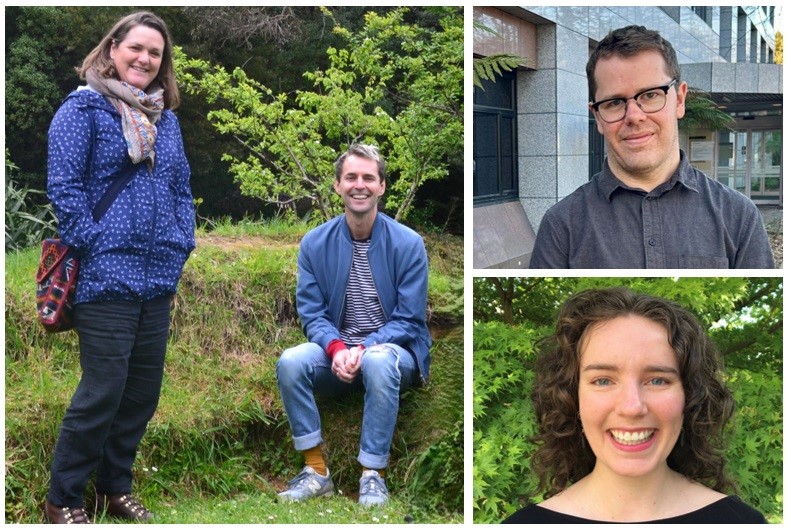Reduce, reuse, repair: what motivates us to create less waste?

Humans continue to produce more waste than the planet can reasonably sustain. In this project, Associate Professor Kelly Dombroski from Te Kunenga Ki Pūrehuroa Massey University and a multi-sited team will investigate how community organisations help people work together to reduce waste
Published on 7 Whiringa-ā-rangi November 2024
An increasing number of people are concerned about waste and are trying to reduce, reuse and repair where they can. Conventional approaches to researching waste reduction try to get individuals to change their attitudes and behaviours, often focusing on actions like recycling. But this approach frequently fails to reduce waste, as most of us have little ability to change the wider systems that create waste in the first place. Instead of focusing on individuals, this research project asks how people act together to reduce waste and bring about collective change. How does involvement in community waste-reduction organisations affect people’s everyday habits and relationships? And how can people act together to create wide-spread social change that stops objects and materials becoming waste in the first place?
Associate Professor Dombroski, Dr Gradon Diprose (Manaaki Whenua - Landcare Research), Dr Matthew Scobie (Ngāi Tahu, Te Whare Wānanga o Waitaha University of Canterbury) and emerging researcher Lila Laird aim to answer these questions by investigating how collective action and community participation changes people’s relationships with stuff before it even becomes waste. Through collective inquiry groups and wānanga, the team will explore how organisations enable shared practices of waste reduction ‒ including with the Zero Waste Network, Para Kore (a marae-based zero-waste initiative) and Repair Trust Aotearoa. In partnership with these organisations, the researchers will seek out examples of innovative waste-reducing practices and co-develop an action plan to promote waste reduction in Aotearoa.
This research will demonstrate how we can reshape the relationships between people, material goods, and the waste we produce. By informing more sustainable waste policies in Aotearoa, this work could also help to avert the worsening global waste crisis.

Associate Professor Kelly Dombroski, Dr Gradon Diprose, Dr Matthew Scobie, and Lila Laird (photos supplied)
